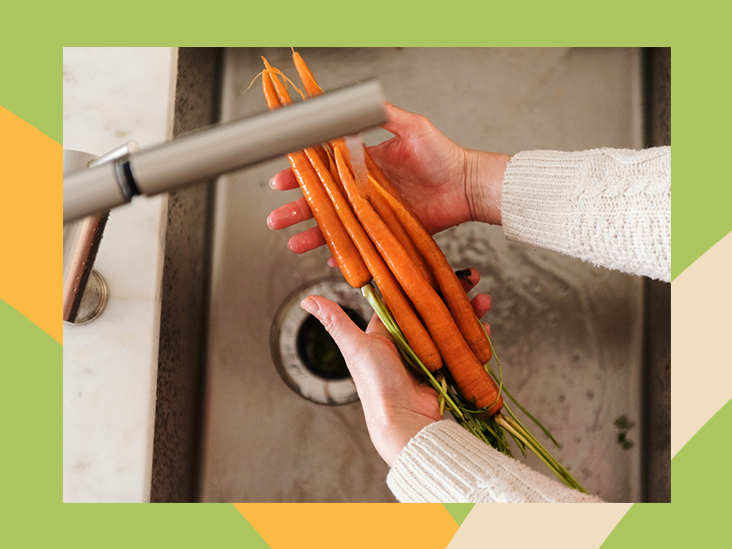|
|
| You know how people love to say that eating carrots will turn you orange? Well, these days, youngsters on TikTok claim that it can do something way better: give you a bronzed glow without any contact with UV rays. |
| The “carrot tan” is being touted as a safe sunless tanning hack for people with a light complexion. But could the quest for a safe tan really end in the produce aisle? We checked with Leah Maschino, a registered dietitian. Find her answer below. |
|
|
|
|
|
|
Listen up,
Ginger Wojcik
Newsletter Editor, Healthline |
 |
|
Written by Ginger Wojcik
November 20, 2025 • 2.5 min read |
|
|
|
 |
|
|
| Q: |
Does eating carrots actually make my skin more tan? |
|
| A: |
Beta carotene, which is responsible for giving carrots (and sweet potatoes and cantaloupe) their bright orange color, is a carotenoid that your body converts to vitamin A. Eating carotene-rich vegetables and fruits may decrease your risk for certain cancers and age-related macular degeneration.
When people with light skin tones eat more beta carotene than their bodies need for vitamin A production, it can change their skin color. This is a condition called carotenemia.
While carotenemia itself is harmless, it may not be healthy to eat that many carrots. The number needed to reach that tanning effect is much more than you’d think: upward of five large carrots a day. Overdoing it with one food runs the risk of displacing other foods — and the essential nutrients they contain — from your diet.
It’s unclear whether taking beta carotene supplements can safely help you tan. However, people who smoke or have smoked cigarettes should avoid these supplements, as too much vitamin A is associated with an increased risk of lung cancer and heart disease for this group of people.
Importantly, there’s no guarantee that carotenemia will lead to a nice bronzed tan. It may just turn your skin orange instead.
|
|
|
|
| Leah Maschino, Registered Dietitian
|
|
| Want to learn more about food, diets, cooking, or some other nutrition subject? Let us know at nutritionedition@healthline.com and we'll look into it for you! (Heads up, we may use your response in an upcoming newsletter.)
|
|
|
|
|
|
|
| What we’re digesting |
| |

